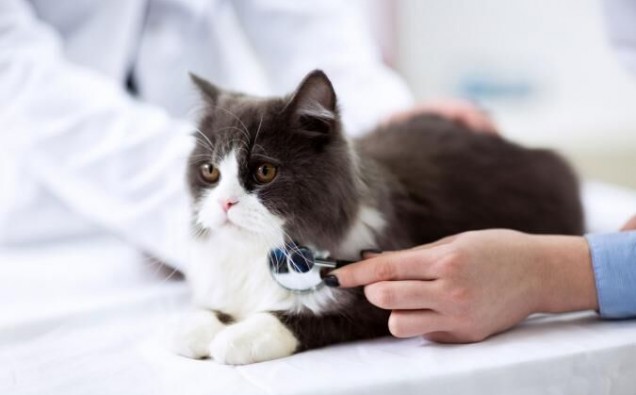- Animal mad Brits treating their pets like humans
- Over two in five Brits let their pets share their bed with them
- 1 in 3 won’t take their clothes off in front of their pets
- Almost 2 in 3 people said they felt that the added time spent together during lockdown had given them a greater understanding of their pet
MILLIONS of animal mad Brits are getting so close to their pets that they are treating them just like humans, a survey by animal welfare charity Brooke has shown.
Two in five owners let their dog or cat share their bed while one in three humanise them so much that they refuse to change their clothes or be naked in front of them. According to the survey, over two thirds (67%) let their pets on the furniture, just under half (49%) will give their pet human food and another third (31%) will happily let their pets lick their face.
Half of Brits have admitted that they wish they could learn more about how to interact with their pets to ensure they are keeping them happy but less than a fifth (18%) have decided to seek that support.
This comes as animal welfare charity Brooke aims to improve the British public’s knowledge of its animal handling project. Dr Jennifer Wathan, Brooke’s Global Animal Welfare Advisor specialises in animal behaviour. She said: “Handling of animals is critical to the health and happiness of both animals and their owners, and can mean the difference between good and poor animal welfare. Brooke has always made promoting welfare-friendly animal handling practices an integral part of our work across the world.”
Brooke has created a range of helpful factsheets full of tips and interesting study findings that show the British public how animal handling can have an effect on working animals and pets.
Did you know?
1. Dogs prefer gentle stroking and scratching to vocal praise
2. Tickling rats can decrease fear and improve handling
3. Horses can remember an interaction with a human up to eight months later – so it’s important to make a good impression!
4. Goats generally prefer to interact with happy faces
5. Fear of people can cause chickens to lay less eggs
While 94% of pet owners say that they know how their pet is feeling, it’s important that owners also remember that pets aren’t always the same as humans and need to be treated as such to ensure they are happy.
The Yorkshire Vet Julian Norton says, “As a nation of animal lovers, many of us will either have pets or be thinking of homing one. It’s so important that we recognise the impact that our actions can have on the health of our pets. I work with animals every day and know how important it is to handle them in a way that makes them as comfortable as possible, which is why Brooke’s work to improve human and animal relationships is so important to ensuring animals live happy and healthy lives.”
Amid the Covid-19 pandemic, demand for pets has skyrocketed as many are forced to spend more time at home. But although plenty of research is done surrounding breeds, food and even styles of beds, Brits aren’t taking the proper steps to ensure they are correctly handling their pets – which can have lasting impacts on the animal’s wellbeing.
Brooke specialises in improving the lives of working horses, donkeys and mules. In developing countries, they’re the backbone of communities, helping people transport their families, food and water. Here, proper handling makes a huge difference, and can give animals a working life worth living.
You can find Brooke’s fact sheets and more information about handling at www.thebrooke.org/animalhandling




















